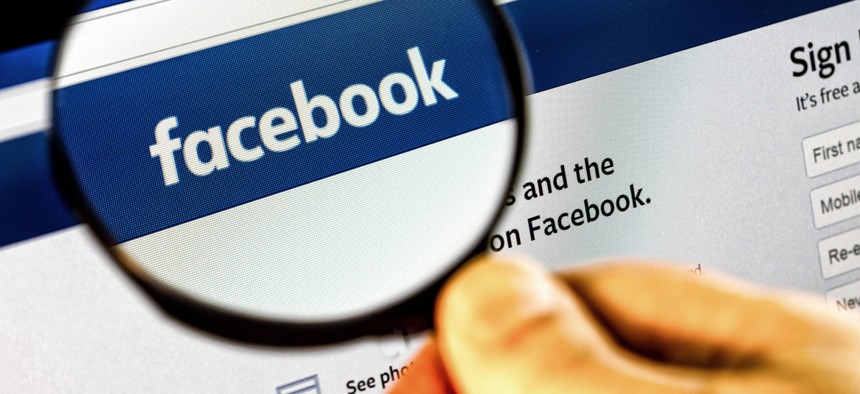Facebook Says It Will Kick Off Scammy Advertisers If Enough Users Report Them

pixinoo/Shutterstock.com
Unlike with other online feedback systems, users won’t be able to see what others have said about the advertiser.
An ad for pants pops up on your Facebook feed. You’ve never heard of the brand, but you like the style, so you click the ad. It takes you to a website filled with typos. The fabric is a mysterious blend. You hesitate, but you buy them anyway. Sometimes, these random online buys turn out as advertised, but often they do not.
And such scammy ads are common. Popular Facebook pages and websites have emerged to warn consumers, with users comparing the ad to the hilariously misrepresented product. Now, Facebook will let users who’ve made purchases based on ads that appear on the site give direct feedback to the advertiser and to Facebook, including whether they were satisfied and what issues they had.
Unlike with other online feedback systems, users won’t be able to see what others have said about the advertiser. A Facebook spokesperson told Quartz during a press briefing that a rating system of sorts already exists, since users can rate a business’ Page.
Instead, if multiple people complain about the advertiser and it doesn’t address the issue, whether it’s misrepresenting a product or misleading the user on shipping time, Facebook says it will limit the number of ads the company can purchase. If the bad behavior continues, the advertiser will be kicked off the platform. For now, the feature will only be rolled out to Facebook, not Instagram. In its announcement, Facebook included tips to educate users on how to spot sketchy ads. Facebook wouldn’t say whether the company would eventually share how many advertisers it’s punished.
The spokesperson said the system is meant to empower users, and give advertisers an opportunity to improve their customer service. But you could look at it another way: Like with its effort to fight fake news and hate speech on its platform, Facebook is punting responsibility for flagging unwanted content in large part to the user.
The company has rules that ban misleading or false advertising, and it reviews ads before they go up. Still, many scammy ads fall through the cracks. A Buzzfeed News investigation in 2016 showed just how lucrative the business of cheating customers on Facebook can be.
Scammy ads are often distributed by so-called affiliates, Bloomberg Businessweek reported earlier this year, who buy space on Facebook in bulk and then sell it off, taking a commission for each sale. They told Businessweek that Facebook has “revolutionized scamming.”
Daniel Ives, an analyst at GBH insights told Quartz that the new feature was a “smart move,” as Facebook tries to regain the trust of consumers and advertisers after the Cambridge Analytica scandal. Getting more feedback is a positive development for legitimate advertisers, and losing scammy ads would not “significantly move the needle” in Facebook’s massive ad business. It might even be a good thing, he said, since it will free up ad inventory for better, more expensive ads.





